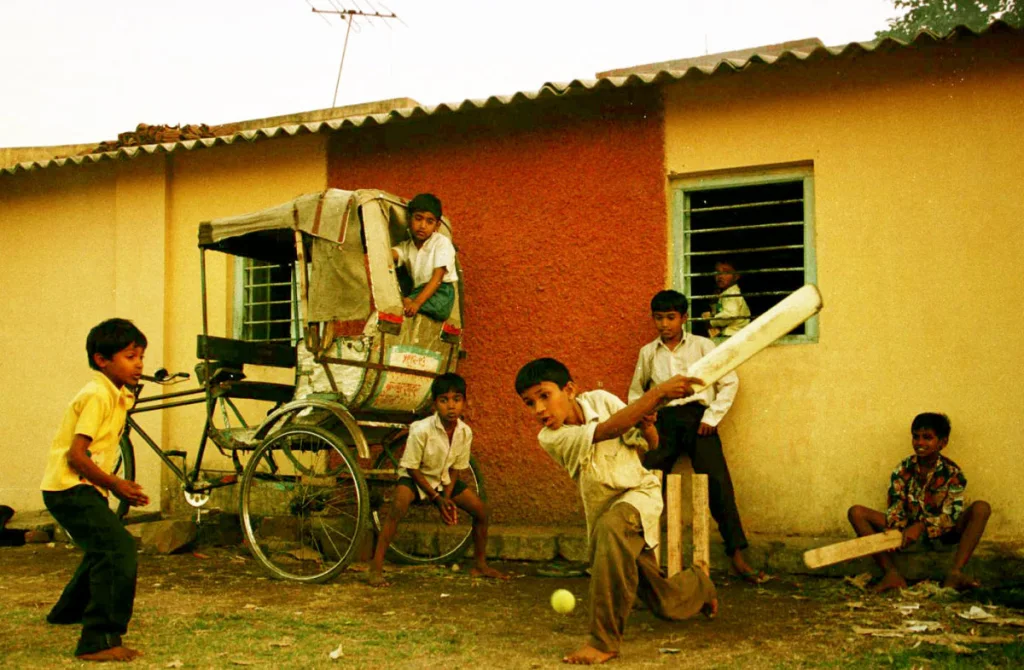Three out of four kids stop playing sport by the time they reach the age of thirteen. This worrying statistic was the finding of a research conducted in the United States. More than 20 million kids register annually for youth sports, according to the National Alliance for Youth Sports. Seventy percent of these kids quit by the time they turn thirteen, and never play again. The percentage is likely to be similar or perhaps worse in India given the lack of a sporting culture in general. This catastrophic revelation was the nudge for Nudge Sports (www.nudgesports.in) to launch PEP (Performance Enhancement Program)* for kids where the focus is on educating parents and coaches of eight to twelve year old to ensure that kids retain the joy and the pep to play sports.
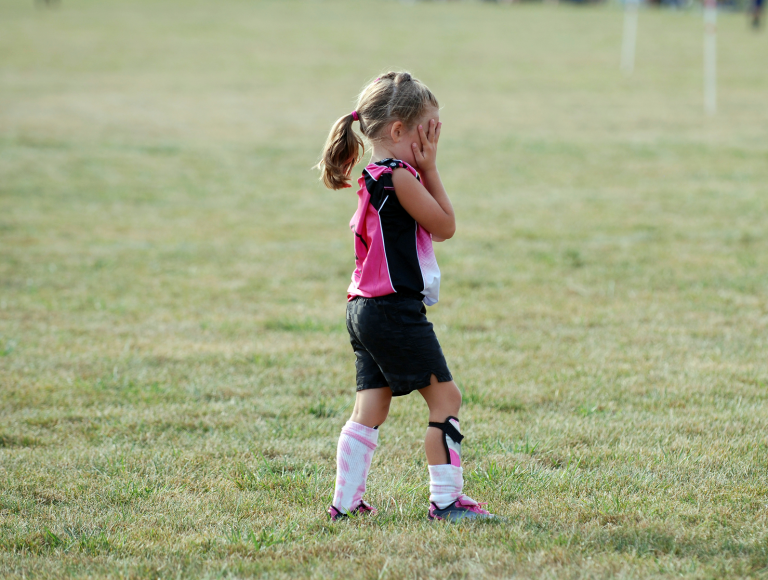
There are many reasons for your child to quit sports at an early age. Research has shown that in most cases it is the parent and the coach who are responsible for driving the kids away from the sport they love playing. Parents and coaches do not realize it as they try to introduce regimented training for a young kid with the pressure of winning at competitions and at times setting unrealistic expectations. Their intentions could be sincere as they strive to make a champion out of their child. But pre-teen kids just want to have fun and play as many sports as they can. Go back to our time, when we wanted to run out of the house every day to play whatever sport was the flavor of the day, as long as we got the chance to be with our friends. Other reasons for kids to quit early involve their inability in handling multiple activities including studies, peer pressure and over indulgence in social media. Sport is no longer fun for them.
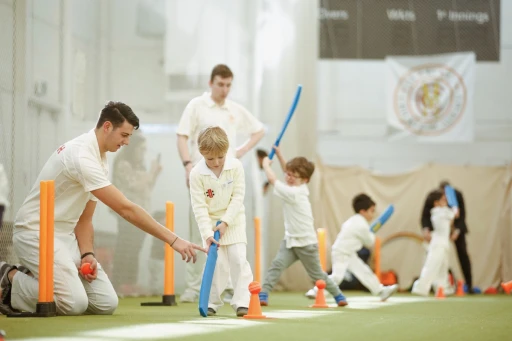
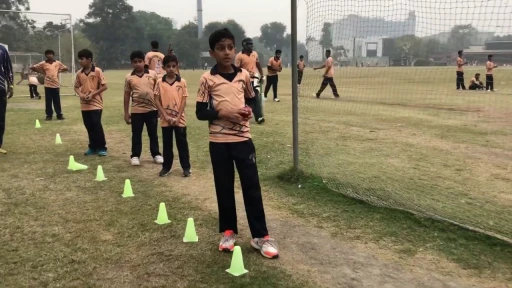
This takes me to a very interesting concept developed by Norway which has a radically different approach to sports as compared to most other countries including India. It is based on a concept known as the “Joy of Sport for All.” Where the focus is not on developing elite high performance kids but the focus is on participation. It seems to have worked.
Norway has won more Winter Olympic medals – 405, than any other country including 148 golds. It topped the tables in the last three games and also in 2002. Apart from success at the winter games, they have Magnus Carlsen, the number 1 ranked chess player, Casper Rudd who is ranked no 8 in the world in men’s tennis, Viktor Hovland who is a top 10 golfer and football player Erling Haaland a promising young striker. And then you have the success of Karsten Warholm who smashed his own world record in the 400 metres hurdles at the Tokyo Summer games and Jakob Ingebrigsten who won the 1,500 metres race. Norway also won gold in the men’s volleyball contest.
With a population of 5.3 million which is one fifth of Mumbai, how do they manage it? There are several factors, some of which I have listed below
- To start with, children are encouraged to play as many sports as possible
- They are encouraged to choose their own sport or sports and are not influenced by their parent or coach
- Clubs form the backbone of sports in Norway with 12,000 across the country and most run by volunteers
- Also the clubs aren’t allowed to hold any ranking based or competitive games for kids under 13. It’s all a part of Norway’s “Children’s Rights in Sport,” a 12-page document that says “children should receive a positive experience every time they participate in sport.”
- Promising teenagers can specialize in a chosen event and receive high-calibre coaching. But even they are encouraged to play multiple sports and remain with their club until they turn 14 or 15 year. Even at the elite level, coaching is far less rigid in Norway than in many other countries. Warholm didn’t concentrate on the hurdles until he was 20 and spent years competing in decathlon.
- Norway has only one national sports organization, the Norwegian Confederation of Sports that oversees 55 sports federations
“The Norwegian mentality is that you should give kids a chance to be kids,” said Tor-Arne Hetland, a national cross-country ski coach and Olympic gold medalist. “In many countries the parents will drive the kids to training. In Norway it’s often the parents will train together with the kids.”
For India, this is too drastic an approach since our socio-economic demographics are very different and we do not have a sporting culture, but I am sure that we can learn from some of their approach especially the way they handle young kids under thirteen.
Another interesting yet a similar theory was shared by a Brazilian football coach when asked the reasons for having so many elite footballers from a single country such as Brazil as compared to European countries who have better infrastructure. According to the coach, the biggest mistake they make in Europe is being too organized. Brazilian footballers are not a product of organized talent development. Their secret is spontaneous, unorganized football. The Brazilian academies do not do anything different or better than anywhere else. They just have to ensure that they let kids be kids and kick the ball around. Focused training starts only around the age of fifteen or sixteen. Perhaps something to mull over for the various academies in India across sports who take in kids as young as five or six and put them under a regimented training program.
Who knows if we allow kids to be kids, we may end up with more champions, who are mentally and physically in a happier space.
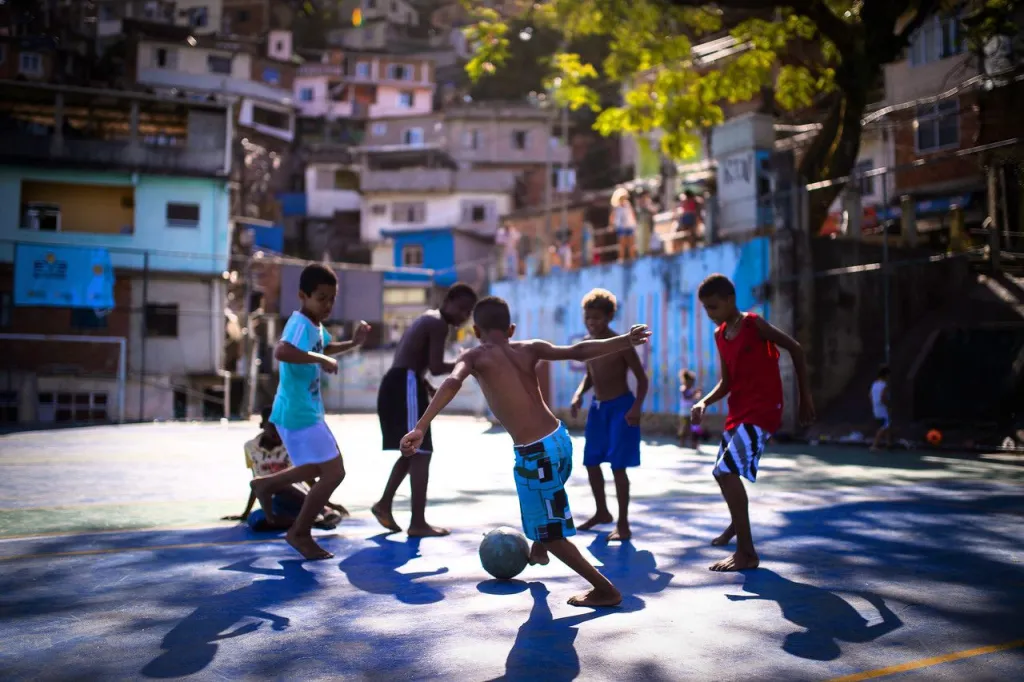
* Through group sessions that include creative workshops, the sport psychologists with Nudge Sports help kids develop skills to understand thoughts and feelings that interfere with optimal performance and enjoyment of their sport. Our group sessions for parents and coaches help them understand the emotional vocabulary of the kids, psycho education, managing expectations and many more areas where they can nurture and develop the all-round development of the athlete
